Solidarity after the crisis – but what can we learn?
Germany is reeling after the flood catastrophe last week killed at least 180 people and destroyed houses and infrastructure. As the country mourns, volunteers have been helping with the recovery efforts and the public has been donating. Yet tough questions are being asked now – on the effects of climate change and also if German authorities did enough to warn residents of the flooding.
Now there is talk of introducing a ‘cell broadcast’ or ‘wireless emergency alert’ system in Germany, which would see an SMS alert sent out to residents during dangerous situations. This system is in place in countries including the US, Canada, New Zealand, South Korea, the Netherlands and Japan among others.
READ ALSO: German floods death reach toll reaches 180 – and dozens still missing
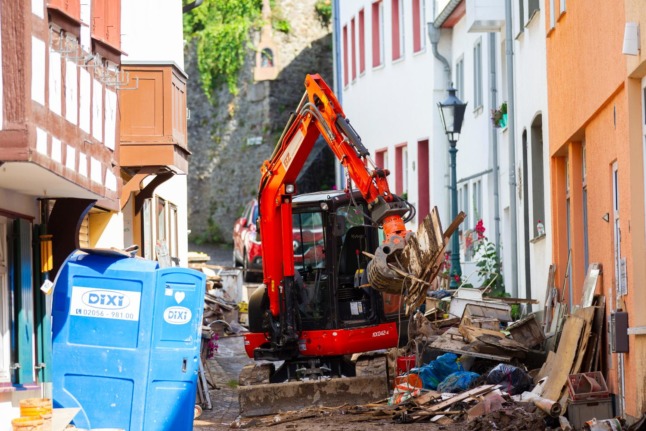
Tweet of the week
Maybe it’s just us, but we never tire of tweets and memes about the German language. And this one is no different, spotlighting a few of the ways German is absolutely wild (at least in the eyes of non-native speakers. One Twitter user said: “Ah, yes. My native language. I always feel sorry for my colleagues from other countries when they try to master it. But it usually leads to some hilarious results.”
German is a weapon. pic.twitter.com/h1bQJ5XCrl
— Luna (@Sereiya_) July 9, 2021
Picture of the week
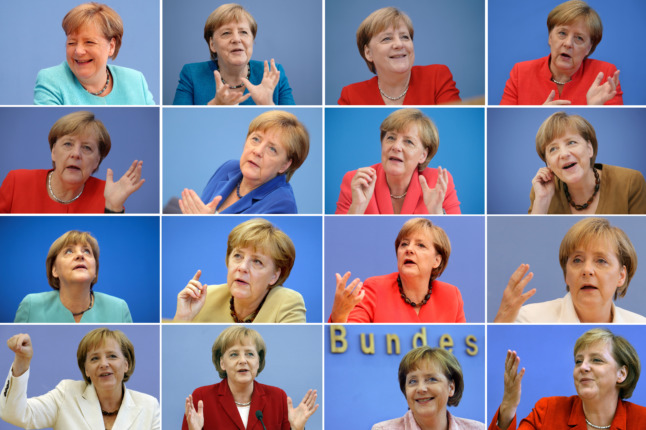
Well, can you believe it? After 16 years as German Chancellor, Angela Merkel is passing on the baton at the September federal election. Merkel on Thursday gave her last summer press conference – a tradition that sees journalists ask her questions before the summer break. This year the focus was on the tragic floods and the Covid pandemic – Merkel used the moment to call on everyone in Germany to get vaccinated. This collage by DPA shows Merkel during the conference every year from 2021(top left) to 2006 (bottom right).
READ ALSO: ‘Germany is a strong country but we have work to do’ says Merkel in last summer press conference
Did you know?
You have probably tasted (and enjoyed) Haribo sweets – but did you know that they come from Germany AND that the brand name is an abbreviation of the inventor?
Haribo is an abbreviation of HAns RIegel von BOnn. He started making Gummibärchen sweets in his kitchen with some sugar, a marble slab and a rolling pin back in the 1920s. And the rest, as they say, is history.
You might know the English slogan for Haribo sweets as ‘kids and grown-ups love it so – the happy world of Haribo’, but the original German catchphrase was ‘Haribo macht Kinder froh – und Erwachsene ebenso’, which translates to ‘Haribo makes children happy – and adults too’.
For more interesting inventions check out our story here.
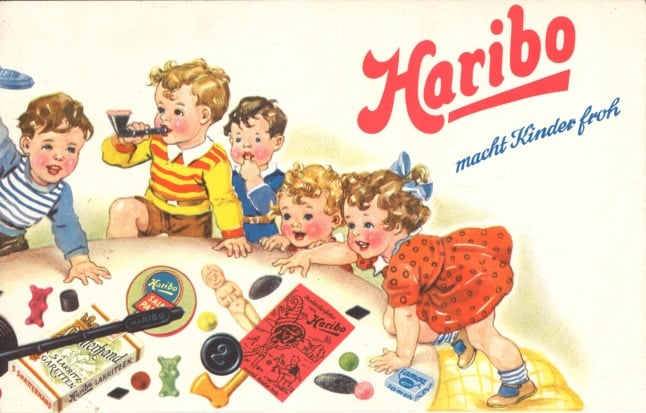
What else would you like to see in The Local Germany?
We are working hard to explain life in Germany for you, whether it’s the latest on the pandemic in Germany, travel rules, news stories you need to know about or interesting features. But we’d love to know, do you think we’re doing a good job? Is there anything you’d like to see more of? Please let us know by emailing [email protected]

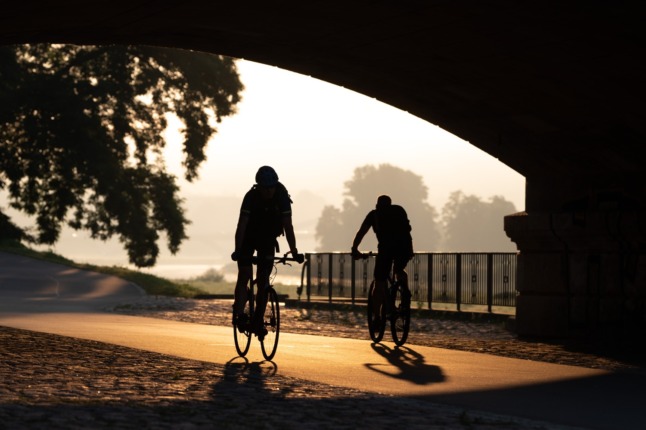
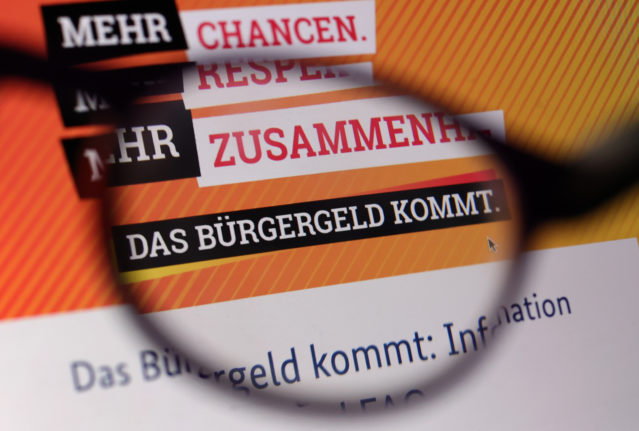
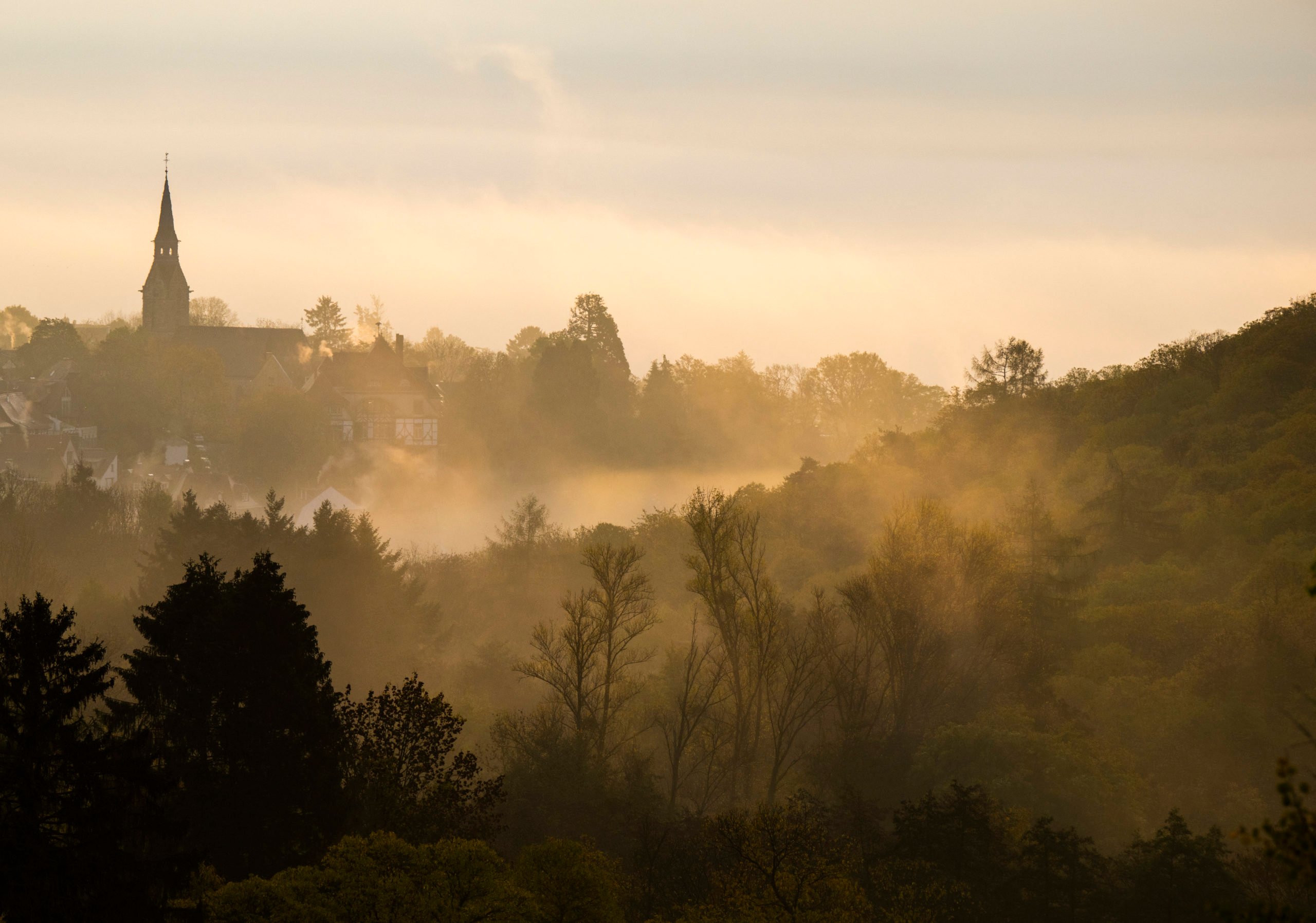
 Please whitelist us to continue reading.
Please whitelist us to continue reading.
Member comments